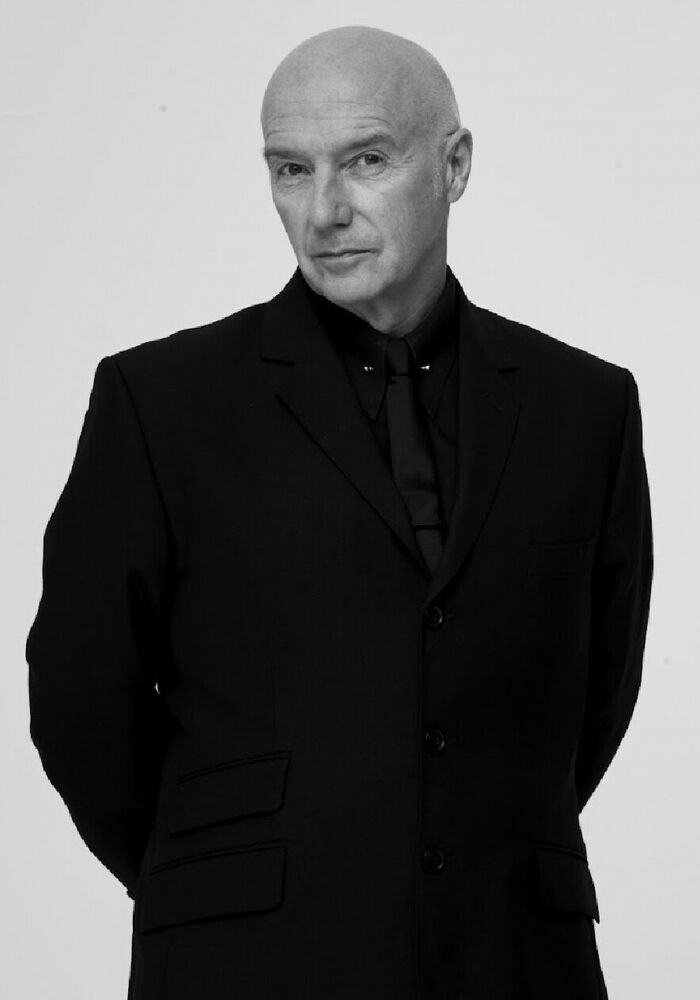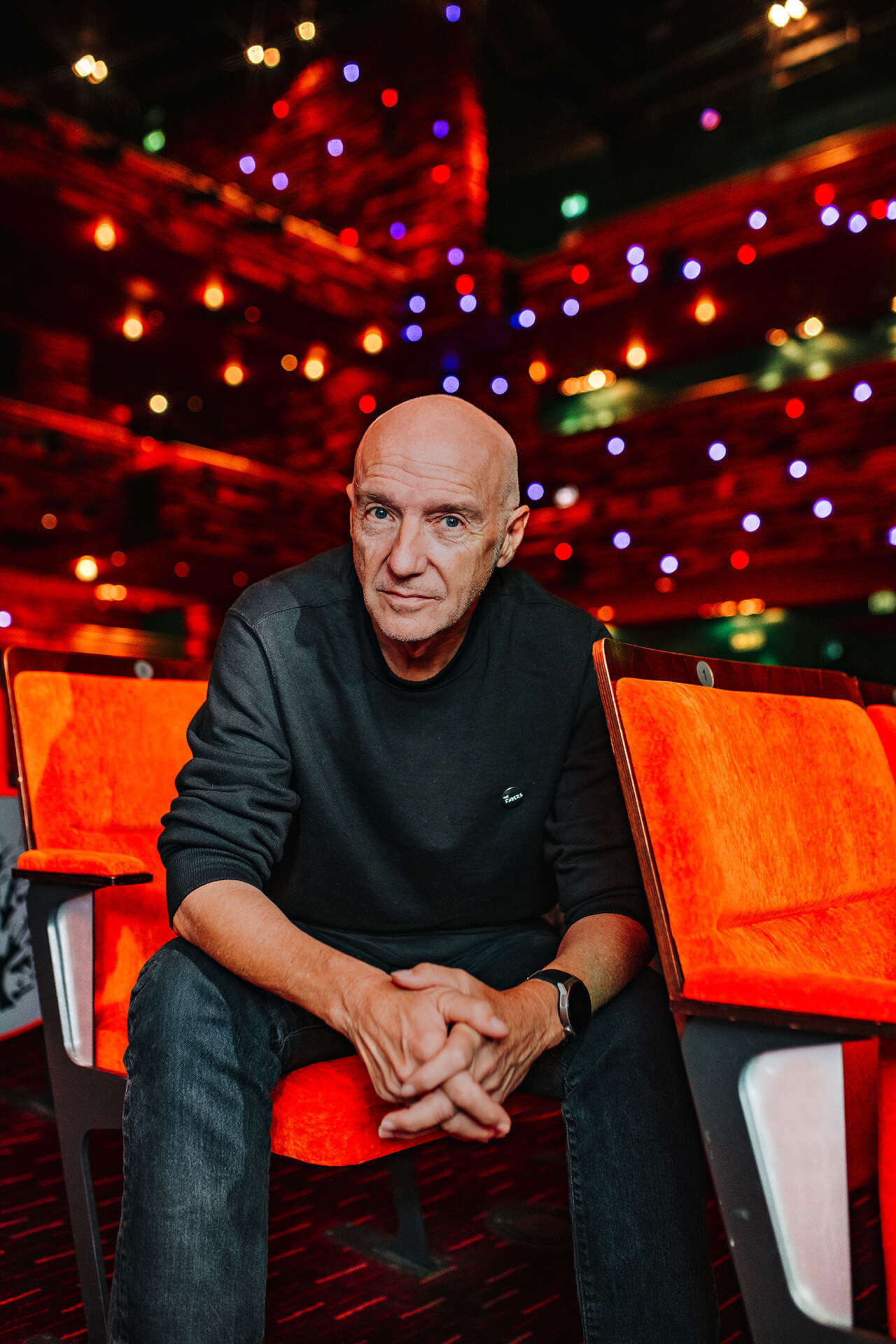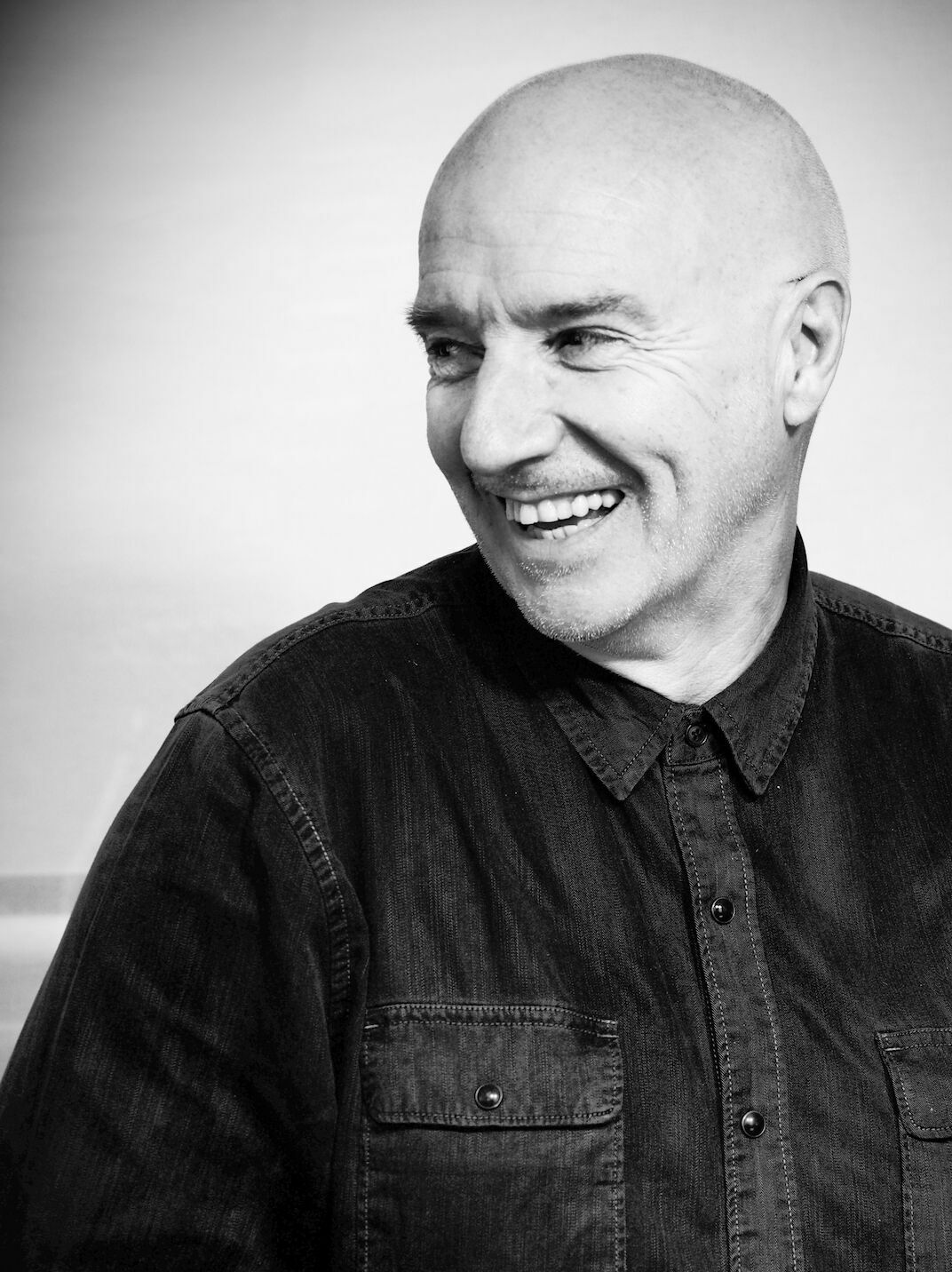Perhaps inevitably, the unprecedented success of both the Vienna album and single would go on to cast a shadow over aspects of Ure’s work that stretches forth to the present day. And though he is far from resentful of the fact, he accepts it has resulted in what he believes to be some of his best work being overlooked on occasion.
“I could make a collection of records of the ones that got away,” he says philosophically. “Most artists are the same. When you leave a successful band, your brain says at least a quarter of the following of Ultravox will come along with me, but it doesn’t work that way. I remember seeing Mick Jagger doing a solo tour playing the Dominion Theatre and it wasn’t full. If it had a billboard outside that said the Rolling Stones it would have been filled for years. It’s perception. So when you leave a successful band like Ultravox it’s like starting over again. And all of a sudden everything is me, not we, and it takes a while to find your direction.
“A lot of what I was doing then was seen by the media and some of the fans as being too self-indulgent or too serious. And a lot of what I was doing with the first two or three solo records was perceived as something I shouldn’t be doing, but it was me finding my own feet. So, it would be nice to have people see that, as a lot of people don’t get to see what for me are some of the best records I’ve made. And bear in mind, when I was making some of these solo albums my life had changed a massive amount. I’d been to Ethiopia with the first shipment of goods out there. I’d see what was going on and you come back a slightly different person.”
Which brings us to Band Aid and Live Aid. Launched alongside Geldof who essentially served as the campaign’s frontman, Ure was to be tethered to you yet another pop culture moment the likes of which had not been seen before, and likely never will be again. The charity Christmas single Do They Know It’s Christmas? and the subsequent live concerts would go on to raise over £100 million to help combat famine in Ethiopia, while the Wembley Stadium live event has become one of the most famous concerts of all time. So how has he dealt with being synonymous with yet another pop culture phenomenon?
“Well, I wasn’t as affected by it as Bob was,” he says. “Bob is big and loud and brash and gives great soundbites and I’m the guy sitting at the mixing desk doing all the important stuff! So, he had the major problem coming out the other side of it because he was seen as something other than just a musician, but all he was was a musician, with a knowledge and a passion and a drive. He found it very difficult to get back into the swing of doing that because he wasn’t allowed to go back to that. He was now a spokesperson for youth, he was a quasi-politician, he was a global figure, whereas I was allowed to go back to being a musician because I never stopped being one. I could slip out the backdoor and go and tour my solo records in parallel with doing my bit as a Band Aid trustee, whereas Bob wasn’t allowed to do that.
“I was doing Wembley on The Gift tour and this big bunch of flowers turned up backstage and it was from Bob, and it had a note that said, ‘you lucky bastard, I wish I was you’. This is from the man who is globally renowned, virtually everyone on the planet knew who he was, and all he wanted was to be onstage doing what I was doing. And that’s a tough thing to swallow. It took him a long time to be able to get out there on the stage again.”
As we shift our focus back to the present day, Ure is emphatic in his assurance that his 70th birthday Royal Albert Hall show is far from a farewell concert and that he still has much left that he wants to achieve.
“I’ve been working on a new album for about eight years, and it’ll be finished when its finished,” he says with a smile. “I’m also looking at more touring. I still love it. I’m still as enthused as I was when I got my first guitar at 10. That will never go away. The ability to do it might, but that hasn’t happened yet. So as long as that continues, I will.”
With that, he bids us a warm farewell. When that new album will see the light of day, and what form it may take, is anyone’s guess. But with no intention of hanging up his guitar or his mic any time soon, there’s still plenty of time for that unassuming, Zelig-like figure to once again leave his mark on the horizons of history.





